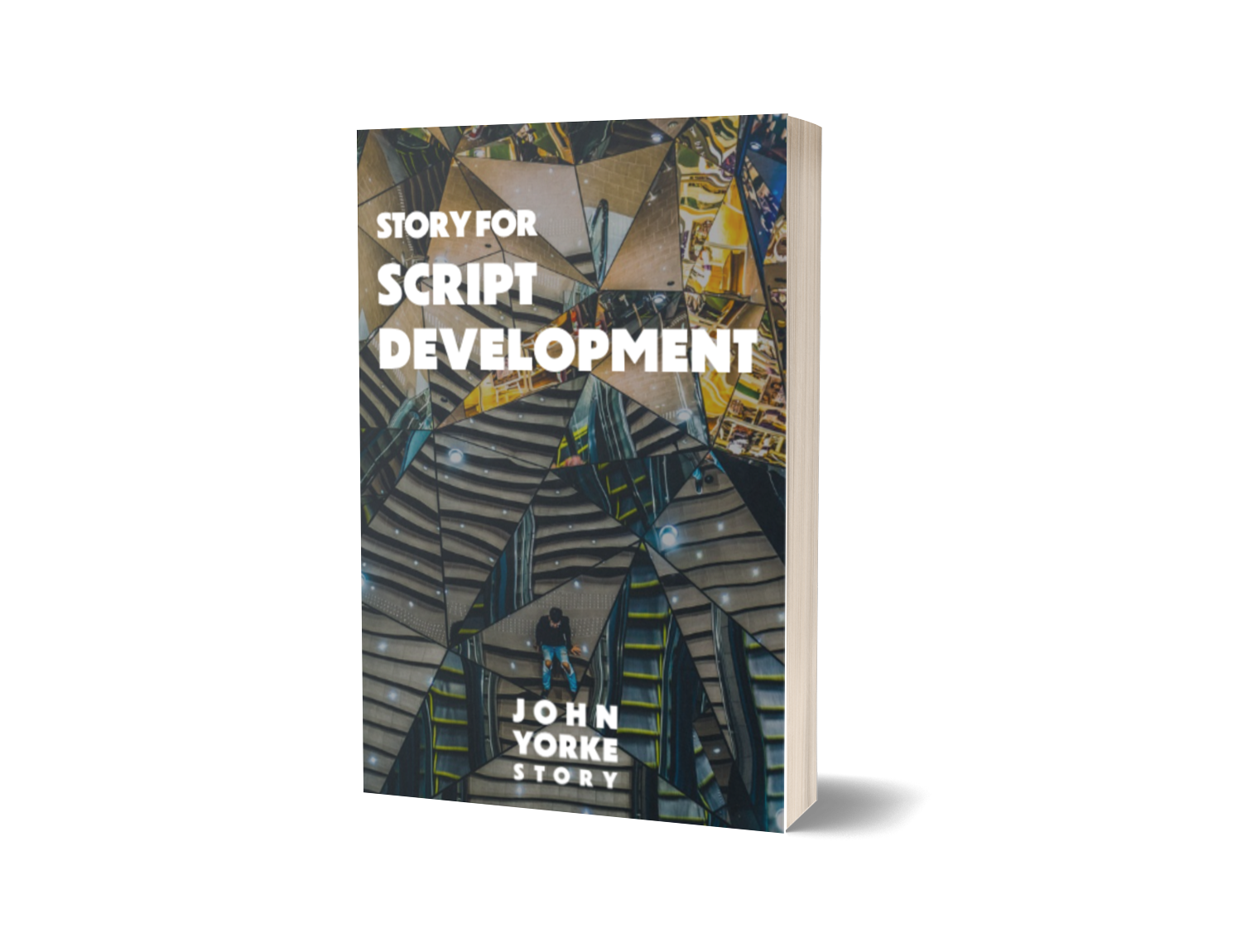At the very beginning of my career I was lucky, and I was lucky at a point where, in early 2000, the industry was still in a creative transition. Even then, I was really lucky. Right place; right time.
Even though I was in the Navy a long time ago – and you work hard in the Navy, because you don’t have any choice and you’re told to do so – between leaving the Navy and joining the game industry I don’t think I worked very hard. I think I did just what was necessary to earn the quarterly target or do what I had to do. But the moment I got into games, I didn’t stop. I grabbed that opportunity.
Getting into it now is both really easy and really hard. If you want to join a big publisher and get in there and get to the top… I was asked to write or potentially write some of the story for a Ubisoft game called Skull and Bones. Even then, that was a tough gig to crack into, even if I had twenty years of story writing behind me.
You’re only going to break into the AAA league by doing the work and getting recognised for the work, because they’re going to pay you a lot of money to risk you on a big product, which itself has to make a lot of money. These days, if you’re going to be writing for Assassin’s Creed, you’re going to be joining a team of 400 people, so that’s the equivalent of breaking into the movie industry. It’s the same level of difficulty. You require luck, you require timing, and you require the right pedigree and the right script. All of those things have to be in line. In that sense, it’s really, really hard.
Nothing is stopping you making a game right here, right now. You can find or make assets, story, everything you need, and you can plug it together without needing anybody else.
– Nick Dixon
However, nothing is stopping you making a game right here, right now. You can go online. You can get a copy of Unreal. You can get a copy of Unity. You can watch YouTube tutorials to tell you how to make stuff. You can find or make assets, story, characters, environments, everything you need, and you can plug it together without needing an artist, a programmer or anybody else.
When you look at some of the games that people are producing on their own, if you can somehow understand how to do that, and you can sort out the story, you don’t need a publisher. You don’t need anybody to put something on Steam right now and build your content. So, if you can find a clever way to do that with minimum assets, yet still tell a compelling story, then you’re onto a winner.
Look at what Mike Bithell did with Thomas Was Alone: he told a story about a rectangle getting together with other shapes trying to get through the world. If you can find out how to tell a simple story simply, which every writer should be doing anyway, then there’s no reason why you can’t be in the industry in six months’ time, earning money, producing your own games. All of the tools are there now.
So, my answer to the question is, if you’re looking to get into AAA games, it’s really, really difficult. You’re going to require a bit of luck. You’re going to have to go to conventions. You’re going to have to go to EGX and GDC. Hang around the bars. Meet people. You’re going to have to write. You’re going to have to demonstrate your ability to write, and you’re just going to have to sell yourself – and you’re going to have to sell yourself hard. You may meet the right person that you get on with, you see eye-to-eye with, and just likes you.
Look for testing jobs. Get in as a user tester. Get in as a QA. Take a junior job and get in that way. If you can afford to do that, that will get you in through the door, and then over time you could get to know people.
– Nick Dixon
If you’ve not got that, you can make your own content. You should make our own content straightaway. There’s nothing stopping you making content. The engines are there. The tools are there. Get it, make content, put your stuff in the industry. There’s a good book called The GameDev Business Handbook. Buy a copy of it and read it, and understand about the business principles of getting in. The fact that Steam’s going to charge you thirty percent, and then the engine’s going to charge you five percent if you sell a hundred thousand units…
If you’re still struggling at that point to get in, then my recommendation is you get in at a low level. Look for testing jobs. Get in as a user tester. Get in as a QA. Take a junior job and get in that way. If you can afford to do that, that will get you in through the door, and then over time you could get to know people. Then you might be able to drop the old, ‘hey, I’ve got an idea; how about an idea for this or an idea for that.’
Those are some options, but ultimately, if you can’t get in via the QA route and get yourself in a low tier level and then slowly gain the confidence of your employers to suggest ideas, or you can’t get in through a AAA organisation because you don’t have the pedigree or the track record, there’s nothing stopping you making a game yourself. The engines are there. The tools are there. The asset store is there. There’s plenty of online shops to distribute your content on early access or whatever. Get out there and make content.





